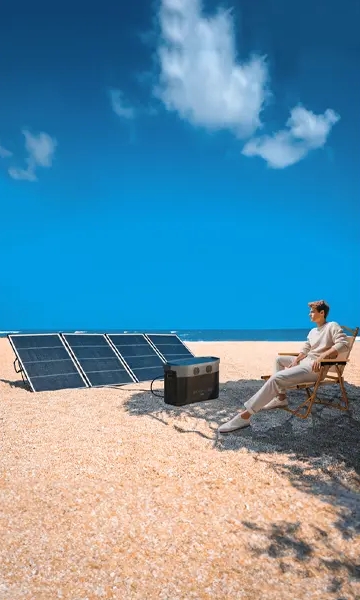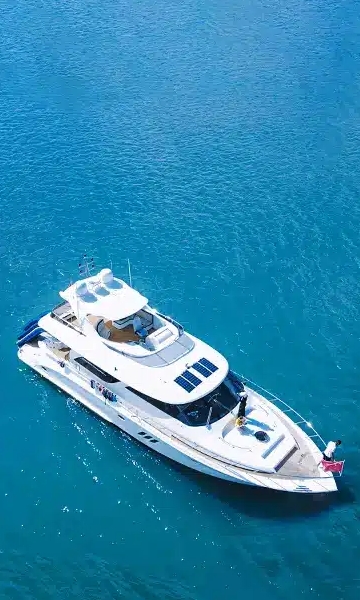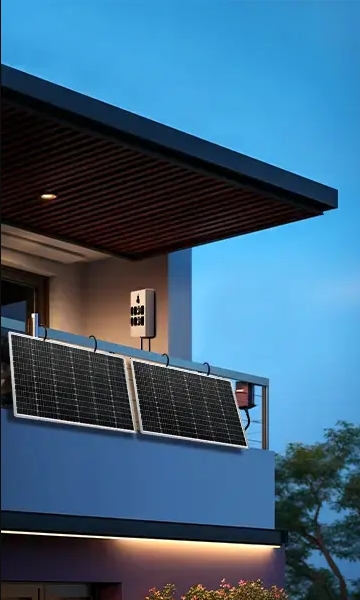You want to buy solar panels from China. It feels like a great idea. But what if you get scammed? What if the quality is bad? What if you lose money?
Importing solar panels from China requires careful steps. You need to check the supplier’s background. You need to verify product quality. You need to manage logistics and payments.
A while back, I had a buyer in Thailand. He was worried about his first big order. He’d heard stories of fakes and delays. I told him my own story. I started on a factory floor. I know the business from the inside.
What are the opportunities and risks when importing solar panels from China?
You see a chance to make good money. China has low prices. It has big factories. But where there is a big opportunity, there is also a big risk. You must know both sides.
The big opportunity is lower cost. The big risk is bad quality, fake certificates, and shipping delays. You must manage these risks to be successful.
When I first started, I saw so many people fail. They saw a low price and went for it. They didn’t check the details. They got panels that didn’t work. Or they got panels that were not certified. Their customers were angry. They lost a lot of money. I learned my lesson early. A low price is not always the best price.
Opportunities
- Lower Costs: China offers low manufacturing costs. This means you can get panels at a good price. You can sell them and make a nice profit.
- Wide Selection: There are so many types of panels. You can find exactly what you need. You can get panels for any project.
- Advanced Technology: Chinese factories are always improving. They use new technology. They make better and better products.
Risks
- Quality Problems: Some factories use cheap materials. Their panels break fast. They don’t last long.
- Fake Certificates: Some suppliers will show you fake papers. They say their products are certified, but they are not. You can get into legal trouble.
- Communication Problems: Salespeople are sometimes hard to talk to. They don’t answer your questions clearly. This can cause big mistakes.
How do you find a good supplier and check their background?
Finding a good supplier is the most important step. A bad supplier can ruin your business. A good one is a partner for life. I remember meeting a guy at a trade show. He was really sharp. He asked me a lot of questions.
A good supplier has a clear history. They have real factory photos and videos. They can provide certifications. They are open to video calls and factory tours.
I once worked with a company that looked perfect online. But when I asked for a video call, they refused. They said they were too busy. I got a bad feeling. Later, I found out they were just a trading company. They had no real factory. It’s always better to be safe.
How to Check a Supplier’s Credibility
- Check Business Licenses: Ask for a copy of their business license. You can cross-check it online.
- Factory Tours: Ask for a live video tour. See their production line. Watch the workers. This shows they are real.
- Customer Reviews: Ask for references from other buyers. Talk to them about their experience.
- Certificates: Ask for product certifications. Things like TUV, CE, and ISO are very important.
- Trade Fairs: Look for them at big trade fairs. Companies that spend money on booths are usually serious.
XRSOLAR Company show you factory photos and videos.
What are the key points for quality and inspection?
You don’t want to get stuck with low-quality panels. That would hurt your business. Your customers trust you. You need to deliver good products. My factory has a detailed quality control plan. We check everything from start to finish.
You can ensure quality through multiple checks. Get a pre-shipment inspection. Hire a third-party QC company. Verify all certificates. Check materials and production processes.
I once had a buyer who was very picky about quality. He wanted to see everything. He asked for photos of the silicon wafers. He wanted to see the lamination process. He even wanted to know about the glass we used. I was happy to show him everything. He became a loyal customer. He knew we were honest about our quality.
Quality Control Checkpoints
- Raw Material Inspection: We check all incoming materials. The silicon wafers, the glass, the frames. Everything. We make sure they meet our standards.
- Production Process Check: We have quality checks at every step. From cell soldering to lamination. If one part is bad, we fix it right away.
- Final Product Testing: We test every finished panel. We use a flash test to measure power output. We also check for any visual defects.
- Third-Party Inspection: You can hire a third-party inspection company. They will check your panels before they ship. This gives you extra peace of mind.
| Checkpoint | What to Look For | Why it Matters |
|---|---|---|
| Silicon Cells | Uniform color, no cracks | Affects efficiency and lifespan |
| Glass | No bubbles or scratches | Protects cells from damage |
| Frame | Sturdy and well-sealed | Prevents moisture from getting in |
| Cables | Correct length and thickness | Ensures safe electrical connection |
| Junction Box | Well-sealed and secure | Prevents shorts and fire hazards |
How can you protect yourself with contracts and payments?
You need to make sure your deal is safe. A contract protects you. The right payment method protects you. You don’t want to give money and get nothing back. This is very important.
Use a clear contract. It must state all the details. Use a secure payment method like a letter of credit. This protects your money until the goods are shipped.
I had a friend who wired all the money upfront. He did not have a good contract. The supplier changed the delivery date many times. He missed his selling season. He lost thousands of dollars. He told me he would never do that again. He learned to be careful.
Contract and Payment Protection
- Detailed Contract: The contract must list everything. Product type, quantity, price, delivery time, and payment terms. It should also state what happens if something goes wrong.
- Secure Payment: Don’t pay everything upfront. Use a letter of credit (L/C). The bank holds your money. They only pay the supplier after the goods are shipped.
- Intellectual Property: If you are making a custom design, protect it. A good contract will protect your design. It will stop the supplier from selling it to others.
How do you handle shipping and customs clearance?
The panels are made. Now they must get to you. Shipping can be a problem. Customs can be a problem. You need to plan for this. You want the panels to arrive on time.
You must choose a good shipping company. You must prepare all the customs papers. You must know your country’s import rules. This will make sure your goods arrive safely and on time.
I remember one time a shipment was stuck at customs. We had forgotten a small document. It took a week to fix. The buyer was so angry. Now, I always double-check everything. I make a list. I make sure all papers are perfect.
Shipping and Customs Checklist
- Choose the right Incoterms: FOB, CIF, or EXW. Each has different rules. Know what you are responsible for.
- Good Freight Forwarder: Find a reliable shipping agent. They will manage the logistics. They will help with customs papers.
- Prepare Documents: Have all documents ready. This includes the commercial invoice, packing list, and bill of lading. A certificate of origin is also good.
- Customs Rules: Know your country’s import rules. Know the tariffs. This helps avoid surprises.
Conclusion
Importing solar panels from China can be simple. You just need to be careful. Check the supplier. Ensure the quality. Protect yourself with a good contract. Manage the logistics. It’s about building trust. It’s about finding a partner you can count on. It’s not just a transaction. It’s a relationship.





0 Comments